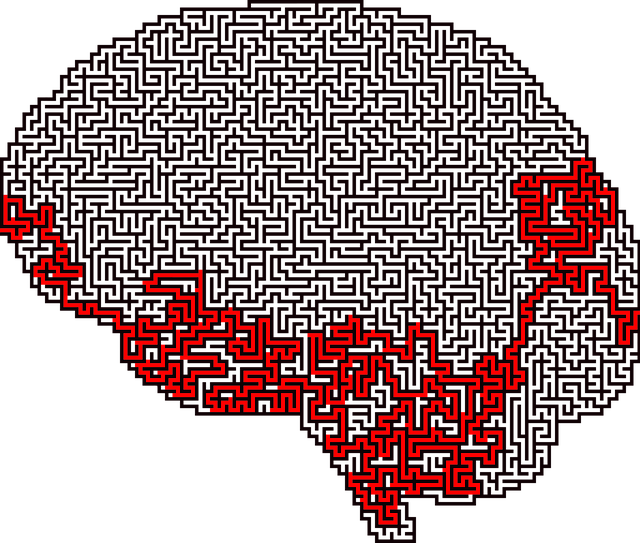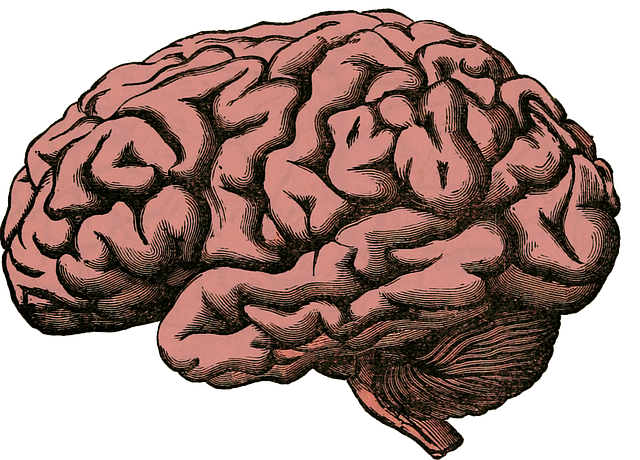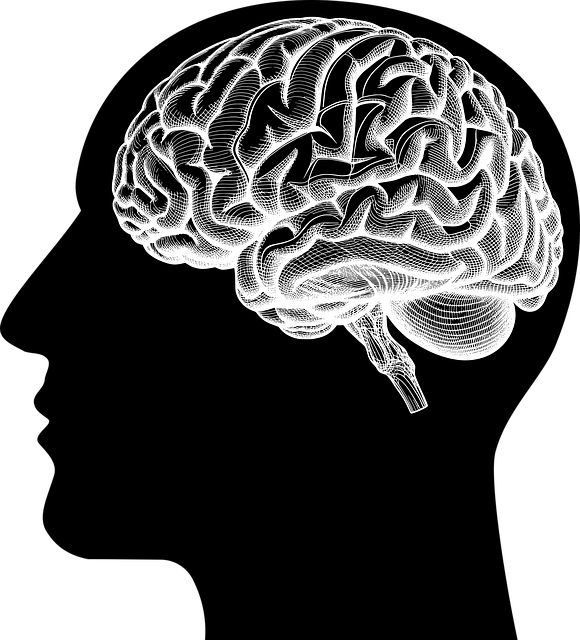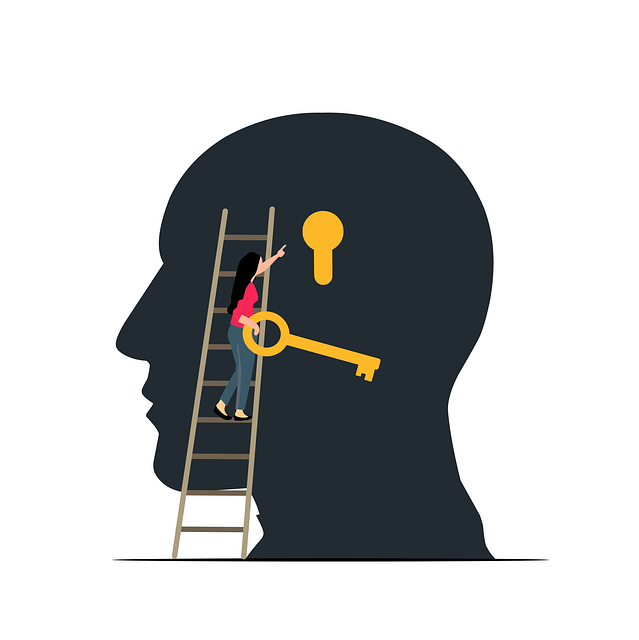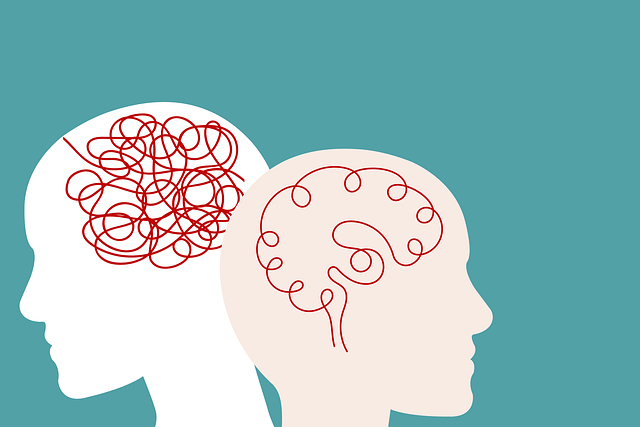Lafayette Eating Disorders Therapy (LEDT) addresses the deep-rooted connection between mood regulation and eating disorders, offering a holistic approach to treatment. By empowering clients with healthy emotion management strategies, LEDT breaks the cycle of disordered eating behaviors triggered by anxiety or depression. Through personalized plans combining dietary guidance, CBT, mindfulness, and mental wellness coaching, their multidisciplinary team fosters resilience, self-acceptance, and positive body image. LEDT prioritizes risk assessment for both clients and therapists, ensuring comprehensive support for long-term mood stability and recovery.
Mood regulation is a vital aspect of mental health, especially in managing eating disorders. This comprehensive guide explores strategies to effectively control moods, offering insights into the connection between emotional well-being and disordered eating. We delve into proven techniques, with a focus on Lafayette Eating Disorders Therapy’s innovative approach for long-term recovery. By understanding mood regulation, individuals can break free from destructive patterns and embrace a healthier relationship with food and self-care.
- Understanding Mood Regulation and Its Connection to Eating Disorders
- Strategies for Effective Mood Management: A Comprehensive Guide
- Lafayette Eating Disorders Therapy: Approach and Techniques for Long-Term Wellness
Understanding Mood Regulation and Its Connection to Eating Disorders

Mood regulation is a vital aspect of emotional well-being, and its relationship with eating disorders is complex and significant. Eating disorders, such as anorexia nervosa or bulimia, are often rooted in difficulties with emotional regulation. Individuals struggling with these conditions may use food restriction or excessive eating as coping mechanisms to manage intense emotions like anxiety or depression. This impulse can lead to a vicious cycle where mood alterations trigger disordered eating behaviors, which in turn affect mood and mental health.
At Lafayette Eating Disorders Therapy, we recognize the deep connection between emotional regulation and recovery. Our approach focuses on helping clients develop healthy strategies to navigate their emotions without relying on eating disorders as a form of self-soothing. Through therapy, individuals can learn to identify and express their feelings in adaptive ways, build confidence in managing difficult emotions, and gradually reduce the impact of mental illness stigma, fostering a more positive relationship with themselves and their bodies.
Strategies for Effective Mood Management: A Comprehensive Guide

Maintaining a stable mood is a key component of overall well-being, and Lafayette Eating Disorders Therapy offers valuable insights into effective strategies for managing one’s emotional state. In today’s fast-paced world, where stress and pressure can take a toll on mental health, having a comprehensive guide to mood regulation is essential. This approach involves understanding the triggers that impact your emotions and implementing practical techniques to foster positive changes.
A well-rounded strategy may include various practices such as mindfulness meditation, cognitive behavioral therapy (CBT), regular exercise, and maintaining a balanced diet. These methods help individuals gain control over their thoughts and feelings, offering tools for crisis intervention when moods become overwhelming. Moreover, healthcare providers can benefit from incorporating burnout prevention strategies into their routines to enhance resilience and support mental wellness. The key lies in personalized approaches that cater to individual needs, ensuring long-lasting positive outcomes through effective mood management.
Lafayette Eating Disorders Therapy: Approach and Techniques for Long-Term Wellness

Lafayette Eating Disorders Therapy (LEDT) offers a comprehensive and tailored approach to addressing eating disorders, focusing on long-term wellness and recovery. Their strategy involves a multidisciplinary team that includes registered dietitians, psychologists, and therapists who work collaboratively to create individualized treatment plans. The program emphasizes the development of resilience-building skills, helping individuals navigate triggers and challenges associated with eating disorders effectively.
Through mental wellness coaching programs, LEDT guides clients in understanding their emotional connection to food and body image. This involves exploring underlying issues, such as stress, anxiety, or past traumas that may have contributed to unhealthy eating habits. By incorporating evidence-based techniques like cognitive behavioral therapy (CBT) and mindfulness practices, the therapy facilitates positive changes in thinking patterns and behaviors related to food and self-perception. Additionally, risk assessment for mental health professionals is a crucial aspect of LEDT, ensuring that both clients and therapists are supported throughout the journey towards recovery.
In conclusion, understanding the intricate link between mood regulation and eating disorders is a pivotal step towards recovery. By employing strategies such as those offered by Lafayette Eating Disorders Therapy, individuals can gain effective tools for managing their moods, fostering long-term wellness, and breaking free from the cycle of disordered eating. This comprehensive guide highlights the importance of a holistic approach to healing, emphasizing that addressing emotional needs is just as vital as physical health in the journey towards recovery.



